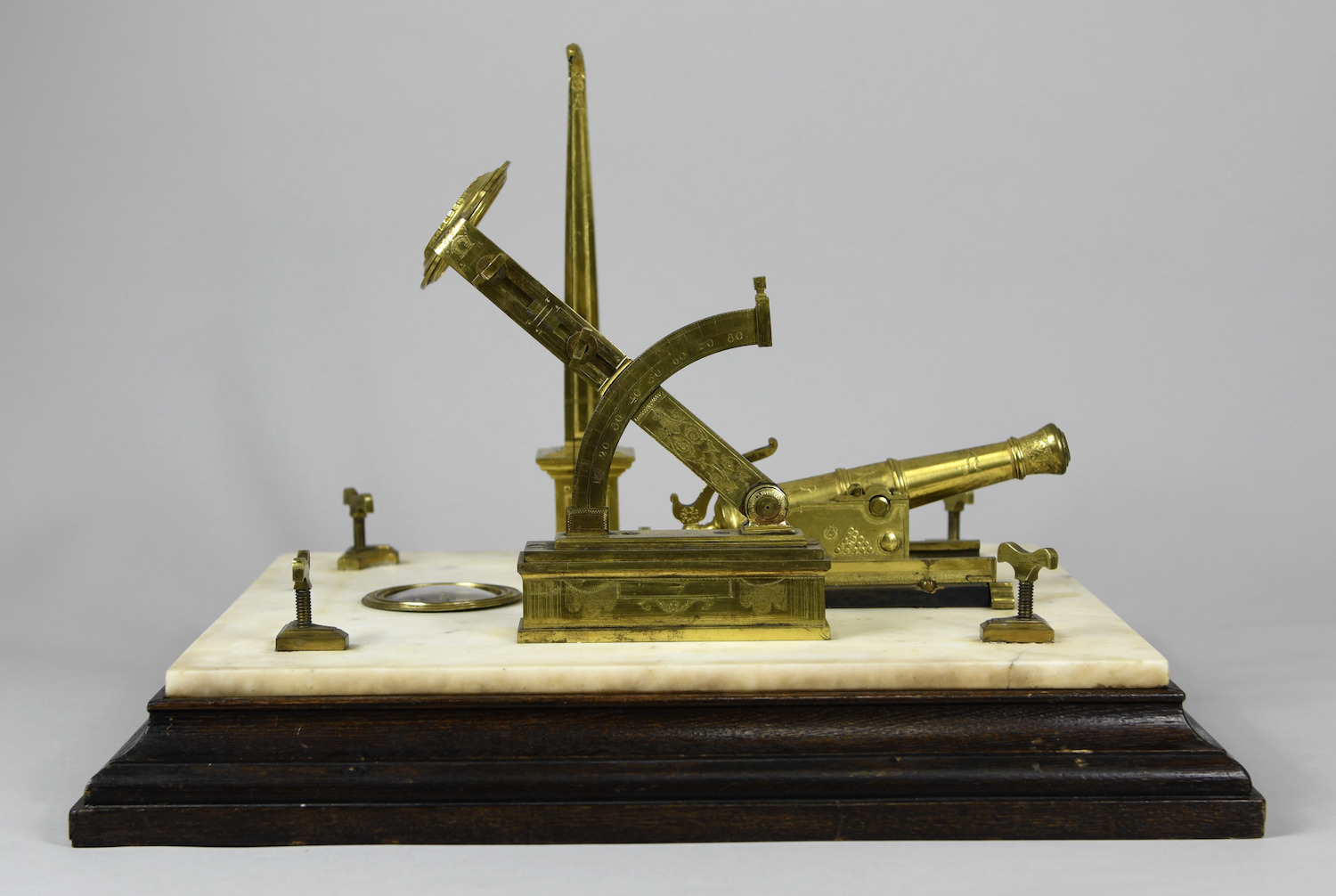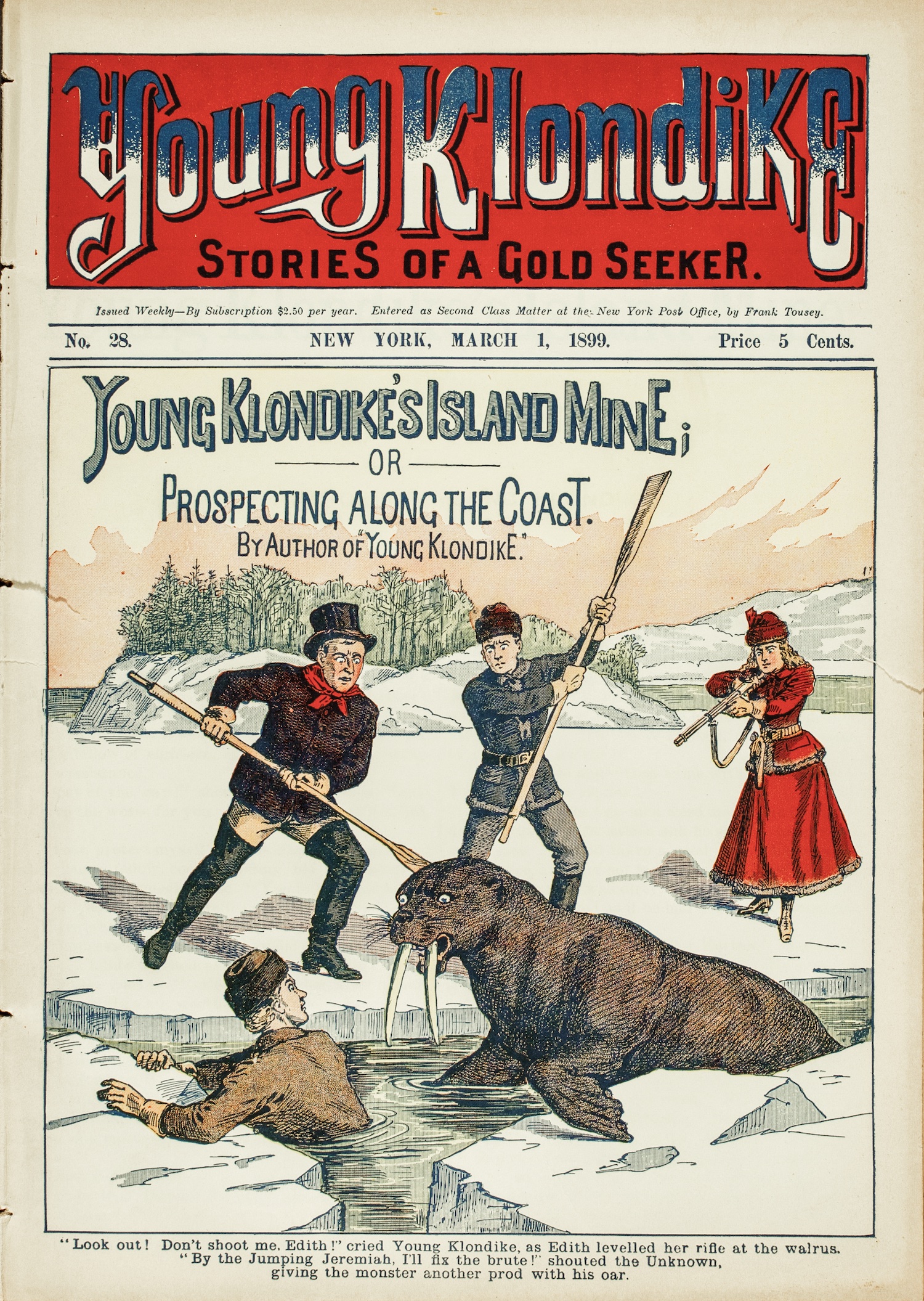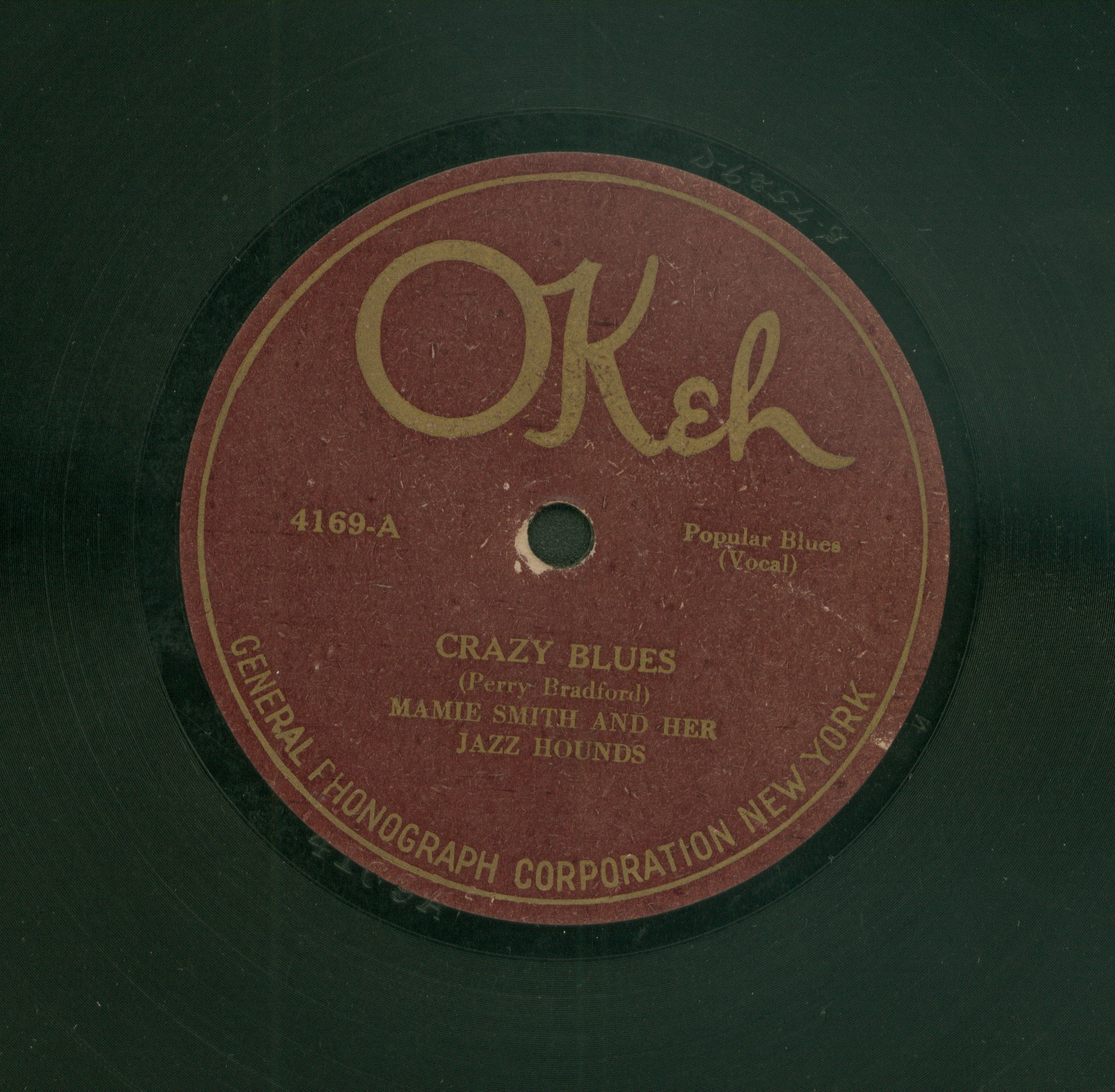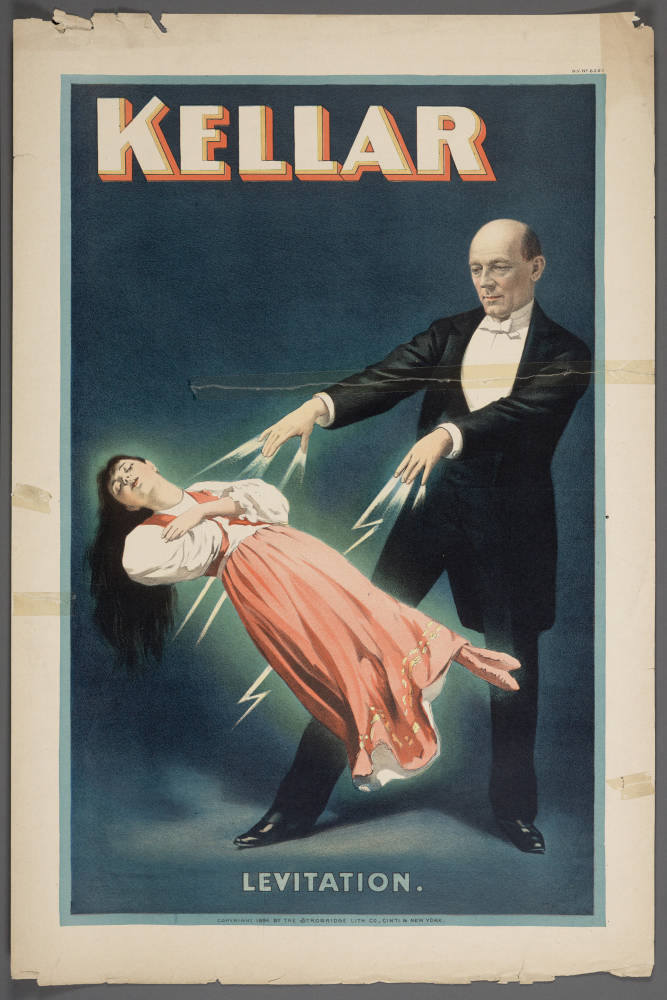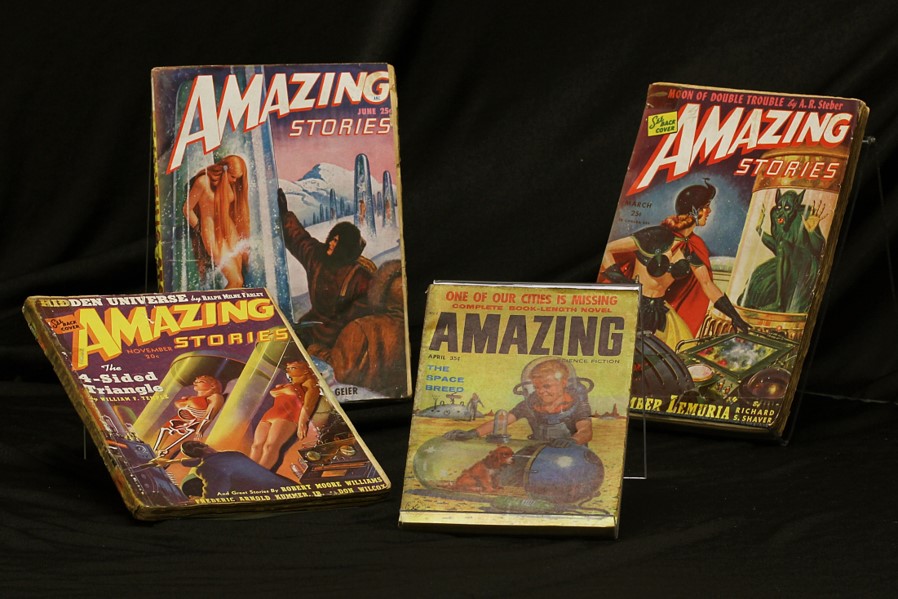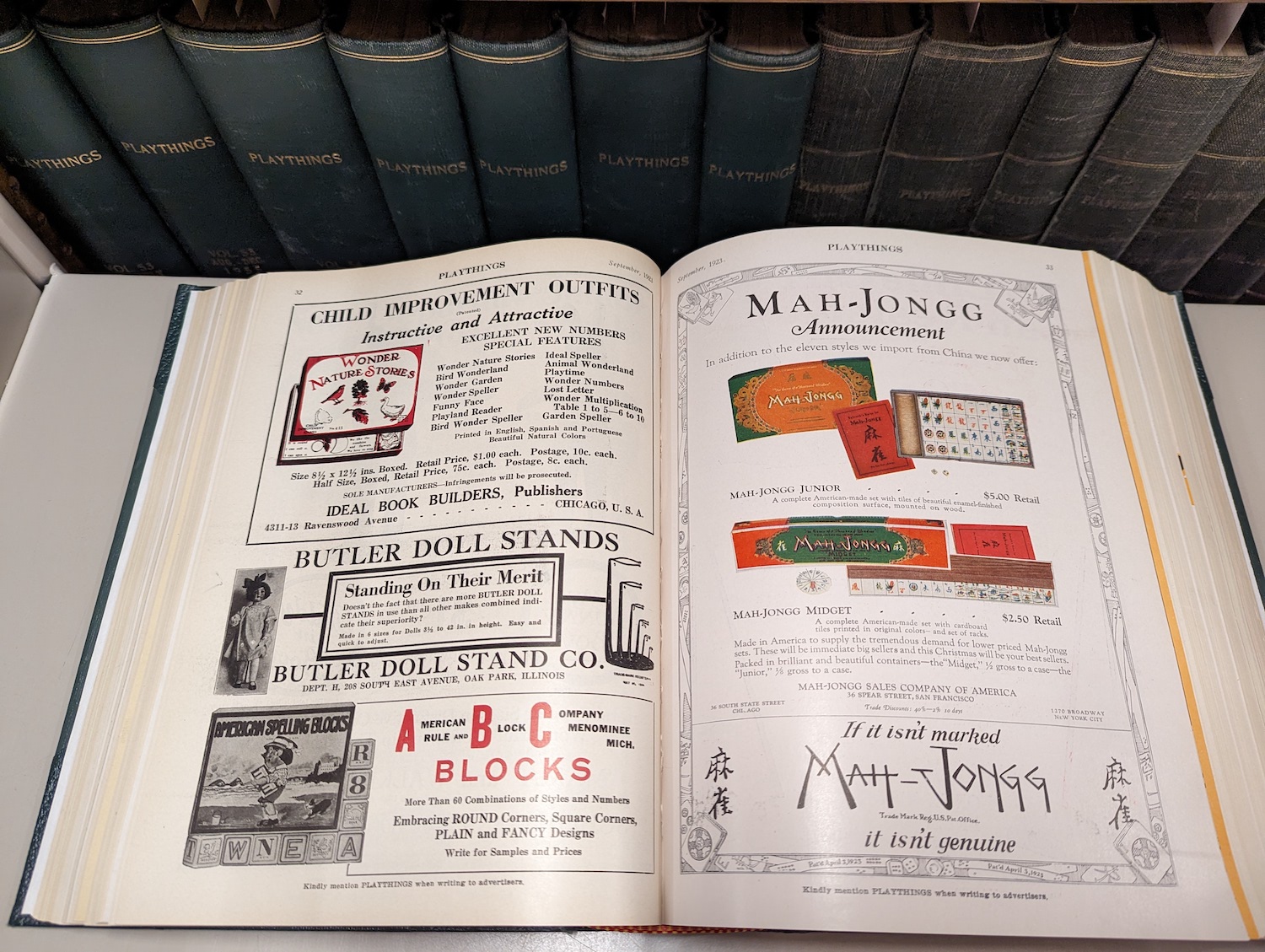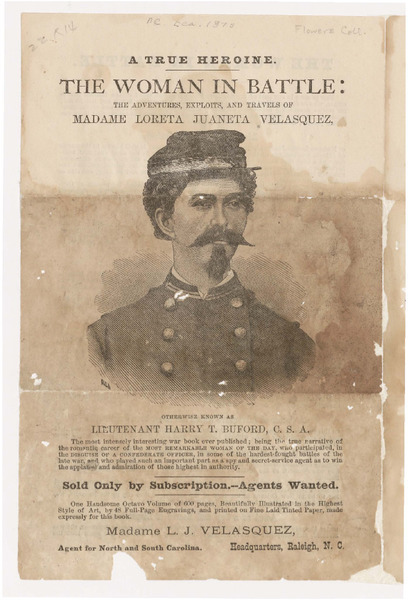Elisa Shoenberger
29 Articles
From:
To:
Women in Flight: The Archives and Library of the Ninety-Nines | Archives Deep Dive
On November 2, 1929, at Curtiss Airfield in Valley Stream, NY, 26 female licensed pilots, mostly from the East Coast, gathered to form the Ninety-Nines, an organization dedicated to support and advance women in aviation. Famed aviator Amelia Earhart, the first president of the Ninety-Nines, came up with the name in honor of the 99 charter members. Almost 95 years since its founding, the Ninety-Nines has about 7,000 members in 44 countries.
Among the Stars: The Adler Planetarium Collection | Archives Deep Dive
Chicago’s Adler Planetarium, which opened on May 12, 1930, is the oldest planetarium in the Western Hemisphere, and holds one of the largest collections of historic scientific instruments in the world, as well as rare books, manuscripts, archival materials, models, and photographs. Max Adler, the institution’s namesake, purchased and donated the initial collection of instruments, which included sundials, astrolabes, telescopes, and a projector.
North to the Future: Alaska and Polar Regions Collections & Archives at the University of Alaska Fairbanks | Archives Deep Dive
It sounds like a story from Jack London or Jon Krakauer: In 1966, two men traveled down the Yukon River in Alaska by canoe to recover papers from abandoned cabins. Paul McCarthy and H. Theodore “Ted” Ryberg were concerned that the generation of former gold miners who came to Alaska in the late 19th century were dying off, and they wanted to preserve that piece of Alaska history. Those explorations would prove pivotal to the Alaska and Polar Regions Collections & Archives formally founded by McCarthy in 1965 at the Elmer E. Rasmuson Library at the University of Alaska, Fairbanks.
Gotta Sing the Blues: The Blues Archive at the University of Mississippi
Since its founding in 1984, the University of Mississippi’s Blues Archive has collected virtually everything related to the Blues, from sheet music, concert tickets, and recordings to record label business files and even clothing. Thanks to a website revamp and a multiyear grant from the National Historical Publications and Records Commission (NHPRC) to digitize materials, this year the archive is starting its 40th anniversary in style.
Magic Words (and More): Magic and Illusion at UT Austin and the American Museum of Magic | Archives Deep Dive
Magic tricks may be momentary, but the annals of performance magic leave a record, commenting on and reflecting the political, cultural, social attitudes of their day. Two collections, the University of Texas at Austin Harry Ransom Center’s Magic and Illusion collection and the American Museum of Magic’s Archives and Library, hold a wealth of information about magic and performers, with a focus on the 19th and 20th centuries.
Voices of the People: The StoryCorps Archive | Archives Deep Dive
Since founder and president David Isay conceived of StoryCorps in 2003, the organization has recorded over 356,000 interviews with over 640,000 people in all 50 states, in over 50 languages, with the archive housed at the American Folklife Center at the Library of Congress.
Science Fiction and Fantasy Research Collection at Texas A&M University | Archives Deep Dive
While many library collections and archives start with a gift of materials from a donor, sometimes a collection originates with a forward-thinking librarian and curator. Thanks to Hal W. Hall, special formats librarian at Texas A&M University (TAMU) Library from 1970 to 2010, TAMU is now home to the Science Fiction and Fantasy Research Collection at Cushing Library.
Gaming History at the Strong National Museum of Play | Archives Deep Dive
When the Strong National Museum of Play opened its doors in 1982 in downtown Rochester, NY, it was built around the collections of Margaret Woodbury Strong (1897–1969), who had spent a lifetime collecting household objects—particularly those related to play, such as dolls and dollhouses. The museum’s initial mission was “to document everyday life in the northeastern United States between 1840 and 1940, which was essentially the impact of industrialization on the rising middle class.” In 2003, the museum refocused on play, play-centered objects, childhood, and education.
Building the Digital Transgender Archive | Archives Deep Dive
The Digital Transgender Archive (DTA), based at Northeastern University in Boston, has been bringing together transgender archival materials from institutions of higher education and grassroots collections to a central digital location since 2016. Seven years in, the DTA has collaborated with 76 organizations (with more likely to come on board) to build the archive with more than 10,600 items from around the world, focusing on materials originating prior to 2000.
ALREADY A SUBSCRIBER? LOG IN
We are currently offering this content for free. Sign up now to activate your personal profile, where you can save articles for future viewing


